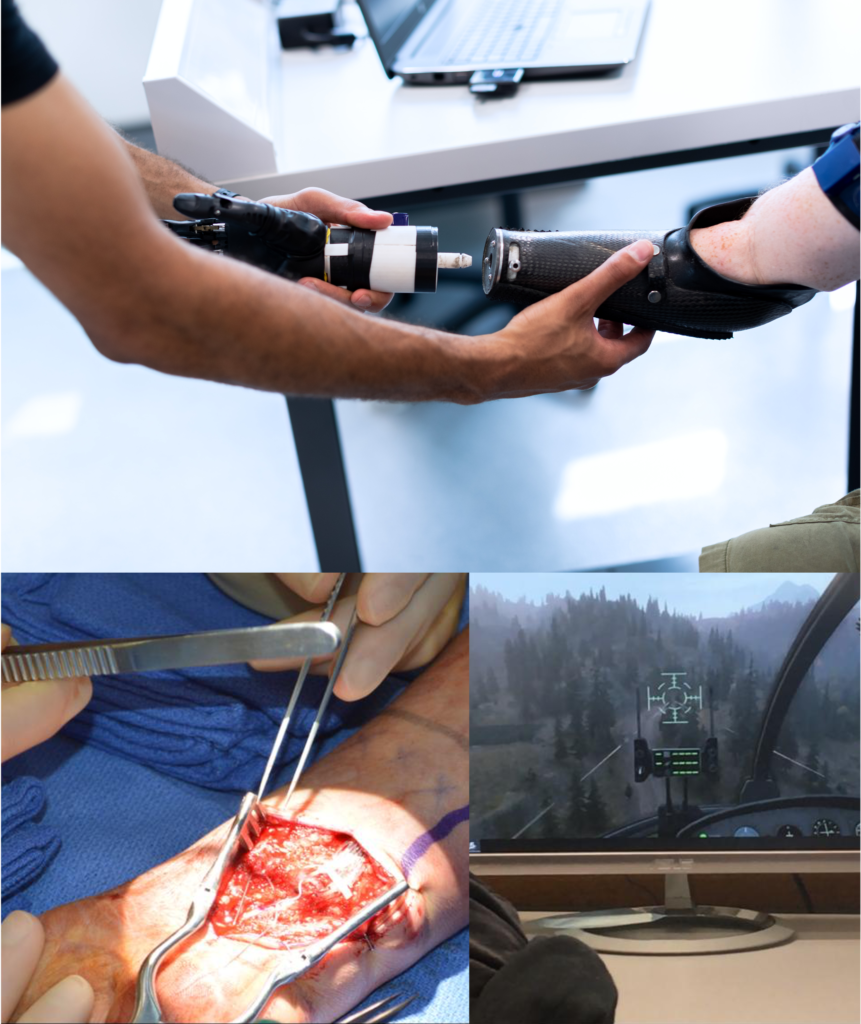Brain Machine Interface
Professor Yang’s passion for video games has inspired his research in brain-machine interfaces. Thanks to generous funding from Fasikl and other industry collaborators, his lab is pursuing groundbreaking research in this field.
The lab’s research is currently focused on the development of cutting-edge brain-machine interfaces for two specific applications. Firstly, they are developing a non-invasive system that can understand a player’s motor intention, allowing them to play games without needing a keyboard, mouse, or joystick, resulting in a better user experience. The goal of this research is to explore the extent to which current brain-machine interface technology can connect the mind and computer games without requiring surgery. The team is keen to see their brain-computer interfaces outperform traditional gaming devices.
Secondly, the lab is working on developing an implantable AI system with the first indication for amputees. Millions of people worldwide suffer from limb loss, and the team is committed to developing technology that enables amputees to control a prosthetic hand with a high degree of freedom, ideally similar to a Jedi hand. The team is excited to see the potential for amputees to control a prosthetic limb using their thoughts, similar to how Skywalker used the Force in Star Wars.
